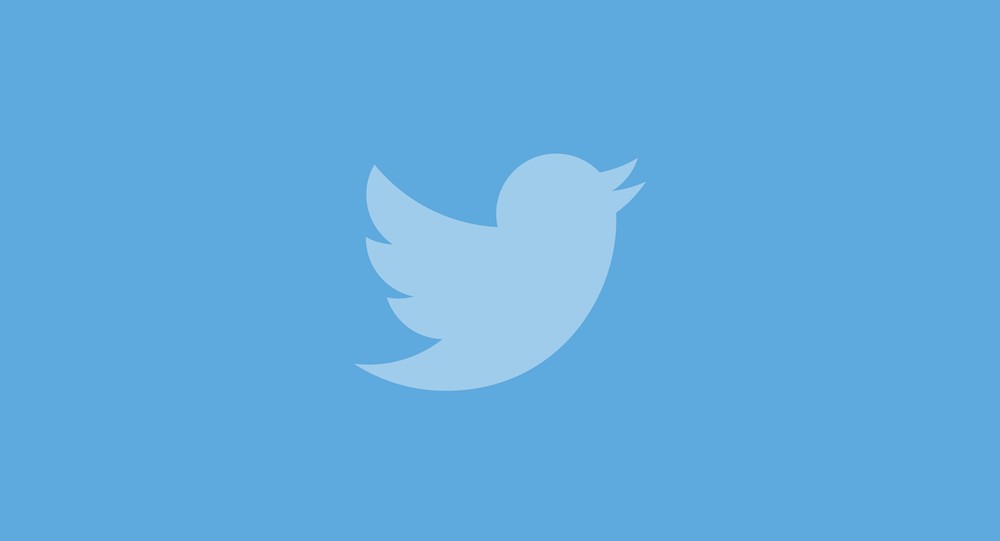Sign up for the daily CJR newsletter.
The Babri Masjid—a mosque in Ayodhya, a city in northern India—was a source of tension between Hindus and Muslims for nearly a century. Hindus believe it was built on the site of the birthplace of Rama, a holy figure for devout Hindus. On December 6, 1992, a mob of Hindu nationalists destroyed the mosque. The attack sparked violence across India. Two thousand people died.
At the time, I was working as a reporter in Singapore. My mother, who lived in India, called me to point out that Mohandas Gandhi, India’s founding father, who was murdered in 1948 by a Hindu nationalist, had been killed again. By extension his doctrines of tolerance and non-violence, too. Her words have stayed with me.
Supporters of India’s current ruling Bharatiya Janata Party continued, for many years, to celebrate the anniversary of the destruction of the mosque as “shaurya divas,” or the day of courage. In 2019, the Indian Supreme Court ruled that a temple could be built on that site. Last September, India’s Central Bureau of Investigation acquitted those involved in the attack of criminal charges.
Last December 5, on the eve of the 28th anniversary of the mosque’s destruction, before going to bed in my Brooklyn apartment, I tweeted a video of my poem, “My Mother’s Fault,” about the attack and how my mother shaped my thinking. By the time I went to sleep, it was already December 6 in India.
While I slept, I became part of debate that has encompassed journalists, writers, activists, and politicians around the world in recent years. What are the limits of speech on Twitter? And what can any of us do if we feel we’re unfairly silenced?
The next morning, I was able to log on to Twitter, but I could not post or retweet anything. My follower count had fallen from around 68,000 to zero. Twitter said my account had been suspended.
Then I noticed that a Twitter account called “Deshi Army” (which loosely translates to “the army of the nation”) was proclaiming that it had got my account suspended, because I was an “anti-national,” a catch-all term the BJP’s supporters use for those with whom they disagree.
Some of my readers began tweeting to Jack Dorsey, Twitter’s chief executive, as well as Twitter’s India operations and international headquarters, demanding answers. Eventually, a Twitter official wrote to me explaining that I had created a “list” that violated its policy on abuse. About an hour later, I received a response from Twitter with the specific list (among several that I maintain) that it said was offensive, called “Chronically Ill.”
The lists are my filing system. I admit that the names I have chosen for them are a bit childish; “chronically ill” is how I see adherents of ideologies like Hindu nationalism. Some members of my lists have added me to some robustly-named lists themselves, to which I have no objection. I was willing to make the list private or rename it, but Twitter told me I had to delete the list before it would restore access to my account. (To do so, however, I needed access to my account.)
My list had existed for some time. Was it a coincidence that I was suspended hours after I posted a poem that is critical of the prevailing ideology of India’s ruling party? Was it merely an automated response to an orchestrated campaign? Was it a misguided attempt at evenhandedness, after Twitter flagged a post by a ruling party official as “manipulated media”?
Twitter offers very confusing guidance about what is acceptable and what isn’t, and I had no opportunity to respond to its claims. This arbitrary enforcement has consequences that reach far beyond me: it raises questions of what happens when corporations––each with their own financial incentives––become arbiters of speech, where and how they apply their rules, and whether a global platform for free speech is really possible. That Twitter manages to unite me with Donald Trump in some strange sense should speak volumes for the depth of the issues.
People around the world began criticizing Twitter. I appeared on a talk show and was becoming a story––something no journalist should want. Among those protesting my suspension were free-speech and human-rights advocates, several writers, a couple of leading Indian politicians, and even two Indian public figures who often oppose what I write.
I was touched, but still troubled. In truth, no company can claim to have global expertise in free speech; no management consultancy can help fix this; no law firm will be able to provide sound advice in each case. Social-media platforms cannot rely on algorithms alone, nor on subjective interpretations. Free speech means the expression of ideas, spoken without fear, even if the ideas seem abhorrent, as long as the ideas do not pose a danger of inciting violence. Companies need to understand that real meaning.
Later that day, as I tried to reactivate my account, Twitter gave me temporary access to delete the offensive list. I logged on, painstakingly created a new list to which I transferred those people who were listed under “Chronicallly Ill,” and deleted the old list. To remember the new list easily, I gave it a fresh name: “Comically Ill.” I also made it private.
Has America ever needed a media defender more than now? Help us by joining CJR today.







